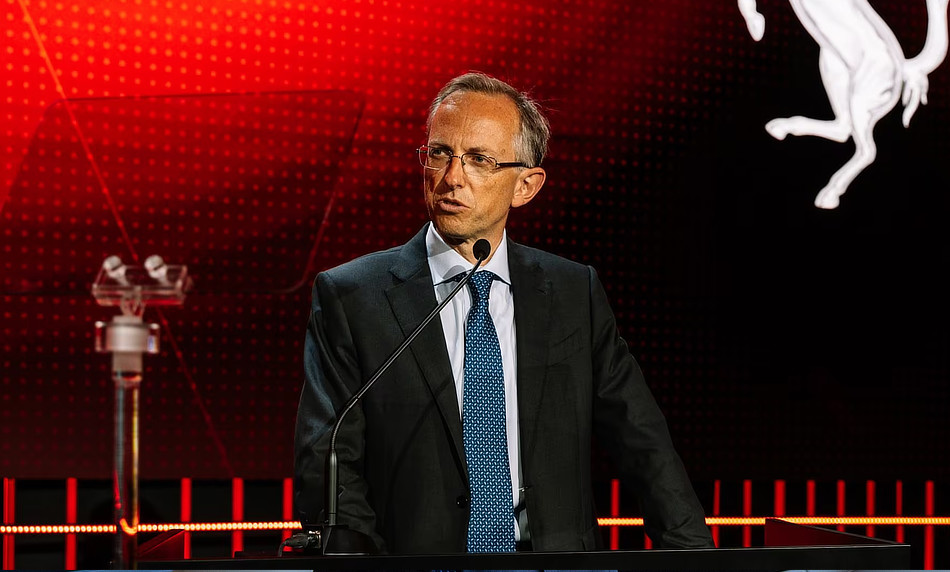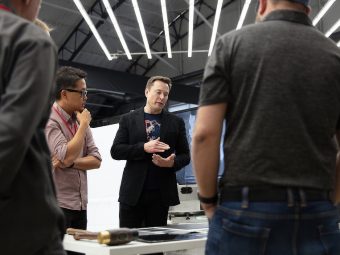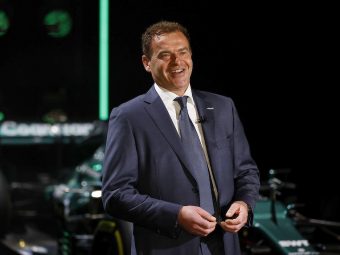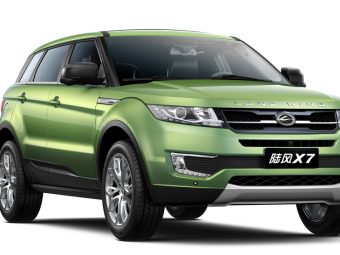Ferrari is set to make a significant stride into electric vehicle territory come 2025, albeit with a limited production run for its first fully electric model. Ferrari CEO Benedetto Vigna’s recent announcement solidifies Ferrari’s commitment to this transition, with the debut of its inaugural all-electric vehicle slated for the latter part of 2025. This move follows Ferrari’s initial foray into electrification with the SF90 Stradale plug-in hybrid.
Vigna, in a recent media interview, not only disclosed Ferrari’s electrification roadmap but also highlighted the burgeoning influence of the Chinese electric car industry, emphasizing the competitive landscape and potential challenges it poses.
Confident in the market’s reception, Ferrari anticipates demand for electric and hybrid models to mirror that of its traditional combustion-engine counterparts by 2026, constituting a substantial 60 percent of total sales.
To accommodate this shift, Ferrari is in the process of constructing a state-of-the-art facility in Maranello, Italy, dedicated to the production of hybrid and electric supercars, scheduled for unveiling in late June. Additionally, the recent establishment of a cutting-edge laboratory underscores Ferrari’s commitment to advancing lithium battery cell research.
As the luxury automotive sector grapples with emission reduction strategies amidst a slowdown in EV demand and governmental subsidy recalibration, tensions between China and Europe escalate.
Recent developments indicate escalating friction, with Beijing signaling readiness to impose tariffs as high as 25 percent on imported vehicles with large engines in response to tariff hikes by the Biden administration. Notably, luxury car imports constitute a significant portion of China’s automotive market, with brands like Porsche, Audi, and Range Rover featuring prominently.
However, Ferrari appears relatively insulated from these trade tensions. With a commitment to keeping its Chinese sales below 10 percent due to existing tariffs impacting profitability, the Italian marque navigates these turbulent waters with strategic foresight, mitigating potential adverse effects on its bottom line.








